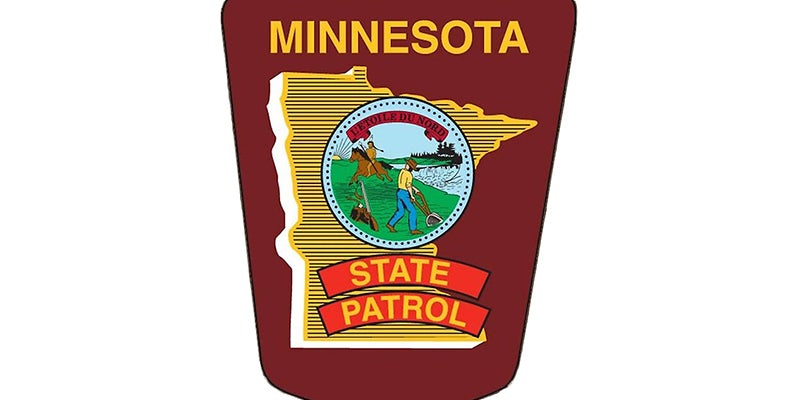The family Y is family
Published 12:18 pm Monday, April 30, 2012
My brother and I used to take the streetcar to downtown Milwaukee for the Y, there being none in the neighborhoods.
For some years now, the YMCA organization has established branches in residential neighborhoods. They term such a “family Y” with obvious meaning. I experience a more important meaning to the term: the Y is family.
When I thanked Lifeguard Tiffany for watching out for me in Austin’s Y during a period when I was having some physical problems, she put it right to the point: “We are family; we look out for each other.” Indeed.
Those of us who work out daily become accustomed to each other’s schedules. If one is a little early or a little late, we notice. If one is absent for a while, we want to know why — because we care. If someone seems to be struggling in the weight room, others keep on eye on him or her. Every now and then I hear, “Are you all right?”
A preschool girl brought a pair of sneakers to Elaine at the front desk: “Can you send these to some little girl in America? I have new shoes, now.” We questioned the girl and finally determined she had heard an appeal for little children who have no shoes and was just mixed up as to where America is. But why did she think the Y was the place to turn in donations? Well, she — as we — has come to recognize the Y as a place where they care about people. It is not that this was advertised, but she sensed it by the way she was treated.
In regard to children, the Y staff and the rest of us are very careful. The kids, for good reason, presume adults they see regularly at the Y are good people and their friends. We keep an eye out for them and are careful no one betrays their trust. The kids not only feel at home, but comfortable and safe. We are family.
A tremendous job is done every summer when the Y uses teenagers as counselors in day camps. The little kids hang onto the teenagers as heroes. If they don’t have any at home, these kids have big brothers and big sisters at the Y. Here is an ideal age differential between campers and counselors. The latter are old enough to be good examples but young enough so they are believable. The teens, for their part, learn valuable lessons of leadership. For some, this is their first opportunity to care for those in need of care. Everyone wins in these relationships.
I see preschoolers come for their first swim lesson frightened stiff to go anywhere near the pool. Within a few lessons, you can’t keep them away. I have learned by watching the instructors who have marvelous ways of winning the kids to themselves and then the water. By the end of the first round of lessons, they are not only confident in the water but immeasurably proud of themselves. I have watched this process for enough years, that I now see kids on the swim team I remember being afraid of water. And do they ever swim. They put me to shame.
With its focus on health, seeing “stroke clinic” announced made immediate sense. Yet, I wondered why little kids showed up — until I remembered there are also back strokes and side strokes.
Learning to swim accomplishes in children a good deal more than how to swim. It teaches them how to live. Lessons in other recreational skills accomplish much the same. The nicest thing about walking around the track is seeing kids learning gymnastics below. They are amazing.
Which reminds me of the several posters and banners around the Y on character. And the Y means it. The Y activities, especially the lessons and teams, do at least as much for character development as they do for physical conditioning.
The custodial staff cares not only for the property but the people who use it. The quality of staff we find at the Y doesn’t just happen. The family atmosphere is not an accident. It has very much to do with a fellow by the name of Mark Bjorlie. Thank you, Mark, for fifteen years and the legacy of family you leave for us.



